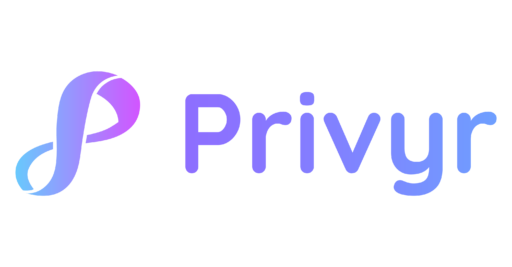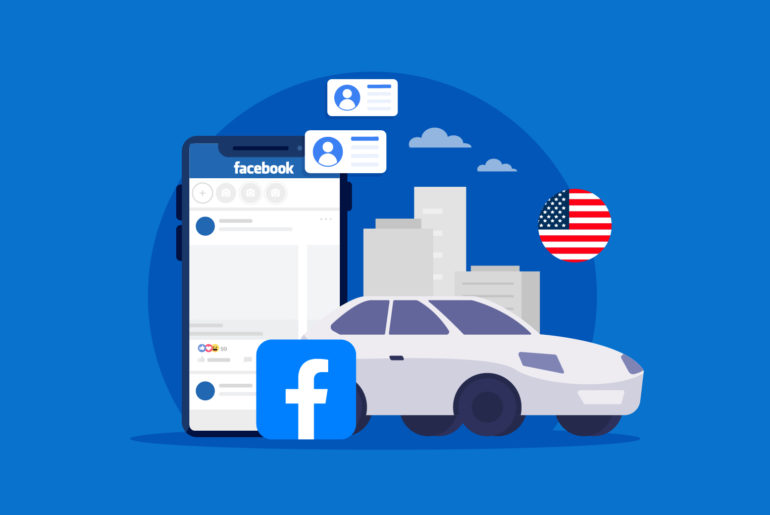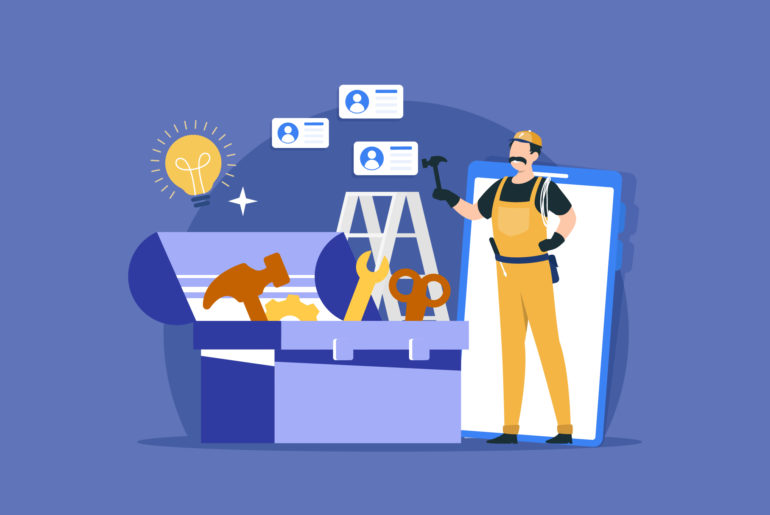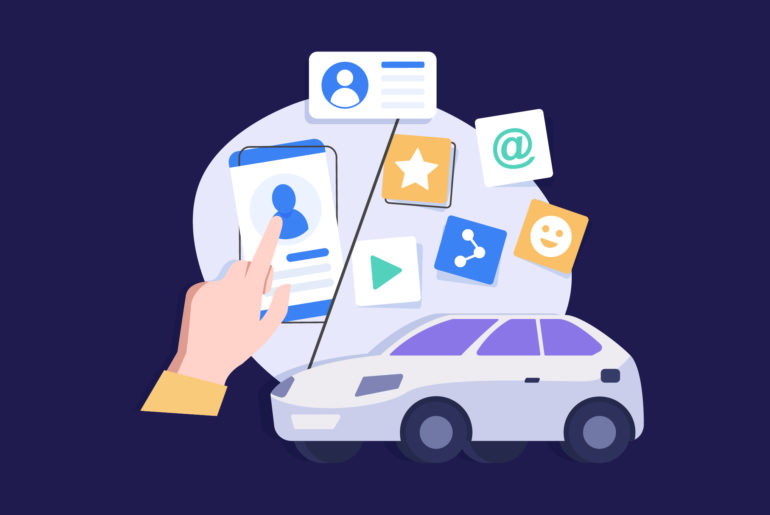Keeping your leads warm and engaged is easier said than done when you’re dealing with multiple customers and a sea of messages. You probably know that you need to keep in regular contact with your leads – for example, to send a holiday greeting or to catch up after a period of time. Sometimes, your leads even tell you when to contact them — next week, next month.
To help remember when to send those messages, you can schedule reminders, but is there an easier way? You might have heard that you can schedule emails on Gmail or posts on Facebook, for example. Can you make that work on WhatsApp too?
And if you can, is it a good idea?
The Facts 📝: Is scheduling WhatsApp messages to your leads allowed?
Many businesses today operate primarily off messaging apps like WhatsApp. While WhatsApp doesn’t have scheduling capabilities, you can use unofficial tools to replies on the app. But should you use them?
When using WhatsApp, it’s very important to keep in mind WhatsApp’s official Terms and Conditions, which specifically lay out restrictions around automated messaging.
This means that WhatsApp does not allow you to use tools to fully automate messages sent on the app. Breaking WhatsApp’s Terms of Service carries serious consequences.
Fully automated messages can lead to a ban of your WhatsApp account.
❌ Your WhatsApp account can be banned – even a few hours without access can devastate a business that relies on the app.
❌ WhatsApp might take legal action against you or your company, which can be expensive, time-consuming, and devastating for your business
On top of breaking WhatsApp’s rules, unofficial apps may require you to scan your WhatsApp QR code to hijack your account and let them send messages on your behalf. This means they’ll also have unrestricted access to all of your private chats and data – something you should be very careful of.
If you’re looking to use unofficial scheduling software, make sure you’re willing to assume responsibility for the legal and business risks you undertake.
If those risks are too high, does that mean that there’s nothing you can use to help schedule messages to your leads on WhatsApp?
Not exactly.
What’s Allowed ✅: Is scheduling WhatsApp messages to your leads and clients a good idea?
WhatsApp rules aside, in some situations scheduling messages makes sense, while in others it can make you look unprofessional or even offensive.
Say your business is an e-commerce store. Your customers have signed up for your contact list, which you are using to send out scheduled messages like promo codes and notifications about sales. These are the kinds of messages that usually don’t require much context nor a reply from your customer. Your customer also knows that they are one of many people receiving these communications.
Now, imagine you’re a real estate agent or wedding planner. Your communications with your customer are likely more two-way, as you’re helping them plan a large and very personal life event or purchase. In return, they expect you to know and understand what’s going on in their life.
Because your interactions are much more personal, it’s important to be aware that the message you want to send today might be inappropriate or even offensive two weeks – or even two days from now.
To keep from looking insensitive, you can…
📅 Use your calendar to set reminders for the topics you want to message your client about, and when to do it
🗒️ Use a note-taking app or similar app to find the template of the message you want to send to them
💬 Check your recent message history with the customer for any hints (such as recent illness, family emergencies, or events) that you need to change parts of the message
📨 Copy and paste the edited text into a message you send to the customer
That’s a lot of steps. If you want to take less steps and save time, is that the only way to do things?
The Alternative 👉: What else can you do?
Scheduling replies to your leads over WhatsApp carries risks — both technical and for your relationship with your lead. However, you don’t want to — and shouldn’t be — starting from scratch when it comes to messaging your leads. That includes copying and pasting replies from chat to chat.
If you can’t automate things for WhatsApp, you should at least automate them for yourself.
If you can’t automate things for WhatsApp, you should at least automate them for yourself. This saves you time, typing, and phone screen tapping. That means avoiding sending messages that are offensive or inappropriate – or scheduling messages that might be considered offensive or inappropriate at the time they’re sent.
Through apps like Privyr, you can quickly set follow-up reminders and select an auto-personalised message to send through WhatsApp. When it’s time to send, you’ll be able to quickly review the message and send in one tap, or edit if needed. There’s no need to manually switch between apps, search for the chat, or copy & paste.
Plus, Privyr integrates with the official WhatsApp and WhatsApp Business applications, works on your phone without any setup, doesn’t require access to your WhatsApp data, and is totally safe to use.
The most important thing to remember when you use a tool for your business is that you don’t sacrifice the good will of your lead or their interactions with you for the sake of your convenience. By using the right tool, you can make sure that you accomplish an easier interaction with your lead – on both sides.
Before you go…
It’s important to reach out to your leads and follow up in a timely manner. But what does good timing look like? To make sure you’re getting the most out of your follow-ups to your leads, check out this article on how to create an automated lead follow up system in five easy steps. With a good follow-up system in place, lead conversion can become much easier.






